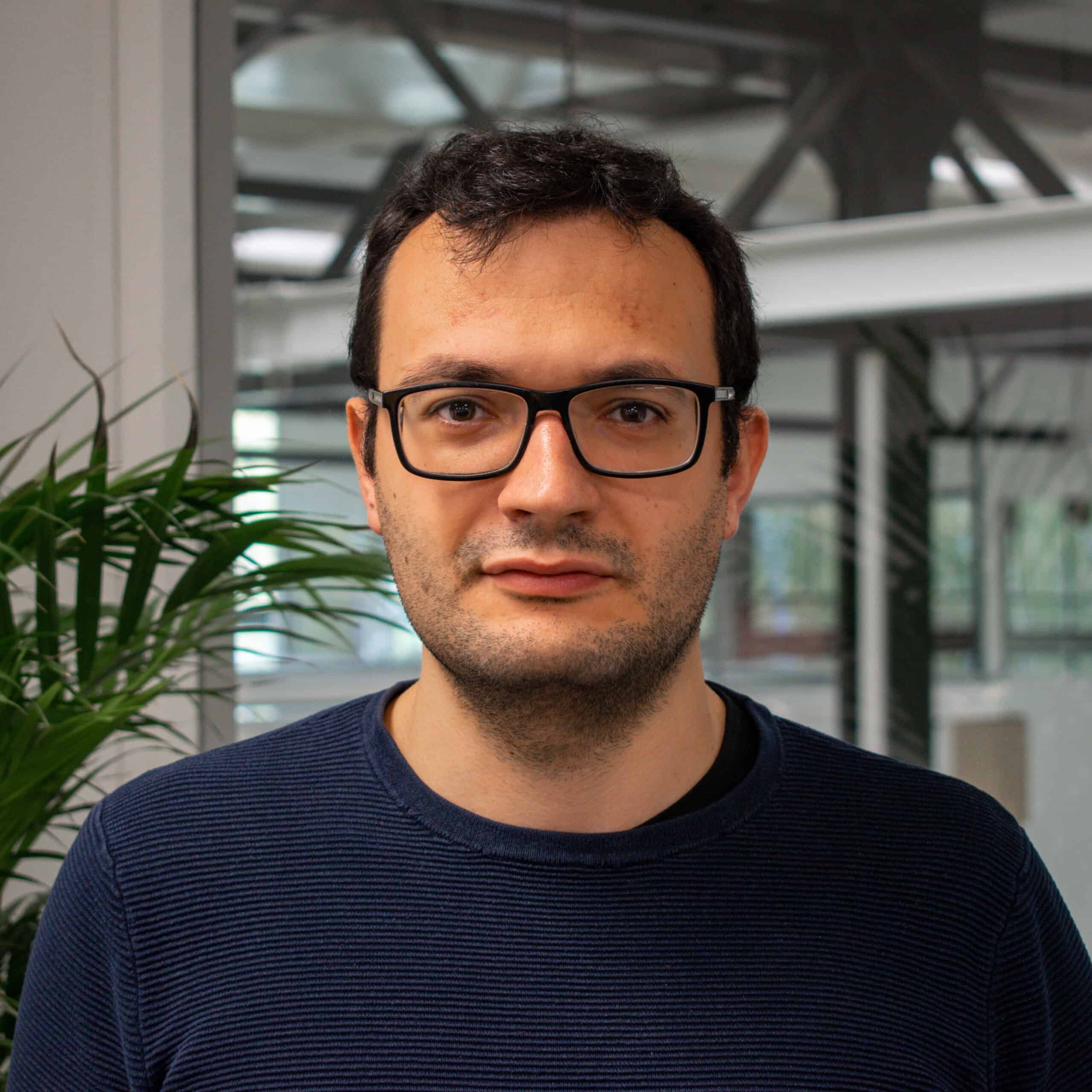
Estonia has the highest ratio of unicorns – companies having a one billion USD valuation – per capita of the whole of Europe, 7.7 per million inhabitants, with ten such firms, including Skype and Bolt. The Baltic Republic is globally recognized as one of the frontrunners in digitalization, and while there is no doubt about the high quality of startups offering digital solutions, several Estonian start-ups are making strides in other sectors too, such as circular economy and renewable power.
- Estonia trailblazes Europe both in terms of unicorns and startups per capita;
- During Tallinn’s Greentech week, several Estonian startups showcased their innovations;
- Sleek solar panels, mushroom shots, and smart bike racks: here are five companies you should know about.
Estonian capital, Tallinn, was the EU’s 2023 Green Capital. One of the main events organized during the year was the mid-November Greentech week. The NEXPO fair was a chance for some of the most promising local greentech companies to exhibit their technology. Mushroom soft drinks, wood-made plastics, and sleek solar panels were among the innovations on showcase. Here is a selection of five of them you need to know about.
Plastics and cosmetics out of wood
Forests are ever-present in Nordic landscapes. It is no surprise that wood is a crucial feedstock for many industries, which also generate abundant sidestreams. Fibenol uses these byproducts to create new materials. The company treats wood residues and lower-quality hardwood to extract lignin, sugar, and cellulose. The three of them can all be used as substitutes for fossil-based chemicals in producing construction materials, plastics, or cosmetics.
Fibenol developed a fractionation process that can convert over ninety percent of the wood biomass into new products. In 2023, the company scaled up production at its biorefinery plant, transforming wood chips into wood slurry in a matter of seconds, with a minimal environmental footprint – thanks to low water and chemical inputs. Simply put, the fractionation process deconstructs wood into its basic components, such as cellulose and lignin. The plant output per annum is of around 6,500 tonnes per year of different lignin grades and of 20,000 tonnes per year of cellulose.

A smart (and safe) bike rack
In Bikeep’s view, traditional bike racks are boring – and unsafe. This start-up develops smart bike parking infrastructure that provides new solutions to municipalities and aims to add new value to the business besides keeping thieves away. At the NEXPO stand, the company showcased its bike lock, helping to foster the spread of e-bike mobility.
The smart bike public station can be activated with a swipe on the dedicated app or by tapping with a card on an embedded NFC reader. Moreover, the rack can also charge electric bikes, offering one more service to its users. As of today, Bikeep’s products are being used in 25 countries, with over a million users. In addition to the bike rack, the company has e-scooter stations and smart bike lockers in its range of offerings.

Mushrooms can be much more than food
With nearly half of Estonia’s surface covered by forests, one of the main pastimes of Estonians is going looking for mushrooms. This translates into a cuisine with many dishes based on them. If you ask Shroomwell, many more things can be done with them, from beauty products to soft drinks.
At the start-up’s stand, visitors could try a mushroom energy shot to boost energy and focus. Shroomwell uses fungi – with a centuries-long history of usage for curative purposes – such as the Chaga, the Lion’s Mane, and the Reishi- to craft its products. The Chaga, for instance, is well-known for its antioxidant and immune system-strengthening properties. Drawing from this bulk of knowledge, Shroomwell brought innovations, also making oral sprays, sleep products, and food supplements out of the different species of fungi.
Aesthetic solar panels
Renewable energy shouldn’t compromise aesthetics, which is why Roofit.Solar developed a 2-in-1 solar roof that makes roof solar panels invisible, blending them with the construction. The company develops solar metal roofs that blend with the building’s design while withstanding the harshest weather conditions – this is because of the strong resistance features of steel.
The company offers a 25-year warranty for its panels, which come in different models for residential and commercial applications. The cleantech scale-up has already installed its panels in multiple buildings in Estonia, setting up its most extended building integration on the rooftop of the Meremeeste Hospital – one of Tallinn’s healthcare centers.

Sustainable fats
ÄIO is on a mission to develop alternatives to animal fats, palm, and coconut oil. The biotech company is developing next-gen ingredients for food, cosmetic, and oleochemical industries, leveraging natural and precision fermentation. This start-up sources its feedstocks from food, wood, and agricultural sidestreams.
In a process comparable to brewing, ÄIO’s process output is lipid-rich biomass, which gets dried to extract the fats needed to create its flagship products: an encapsulated oil and a buttery fat. The former comes as a substitute for palm and soybean oil, as well as for nutritional yeast. The latter replaces coconut and animal fat. Furthermore, the company keeps researching the production of planet-proof cosmetics and cleaning products.






